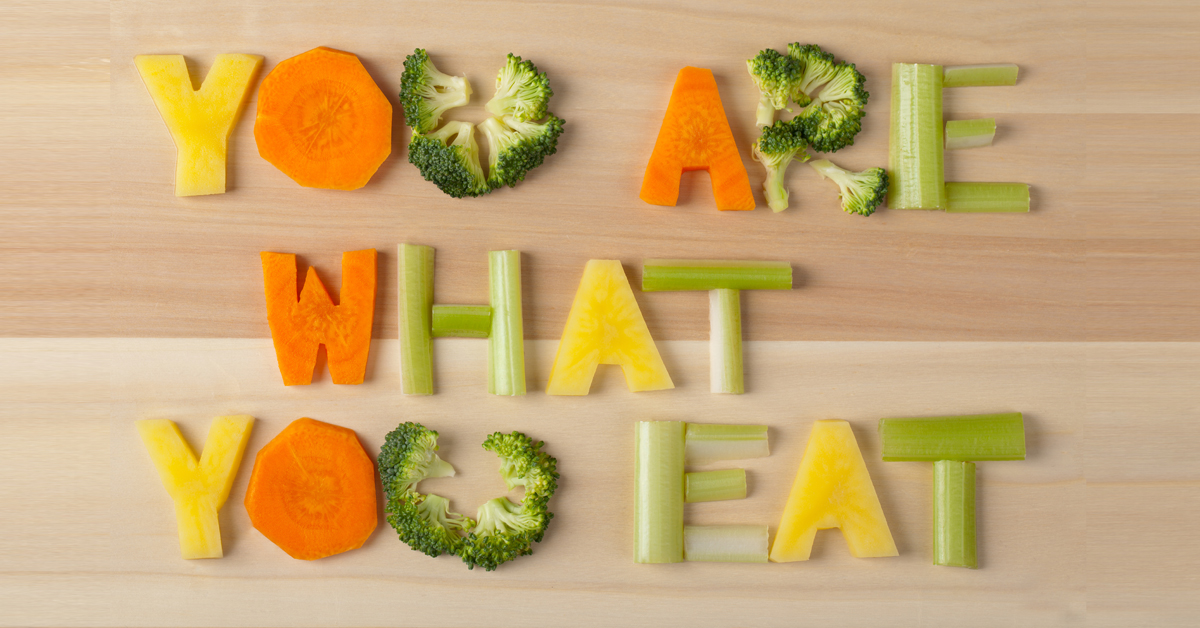You’ve probably heard the phrase, “You are what you eat.” But what does it actually mean? In my last blog, I talked about how people in the United States have grown heavier over time and how processed and ultra-processed foods have become more common. I didn’t take sides but shared research about obesity and food. Now, let’s talk about something else that connects what we eat to how we feel—the link between our gut and brain.
This connection is called the “gut-brain axis.” It’s a system where your brain and gut send messages to each other. One of the main ways they do this is through a nerve called the vagus nerve, which acts like a telephone line between the two¹. There’s also something called the enteric nervous system (ENS), often called the “second brain,” which controls digestion and communicates with the brain².
Your gut is home to trillions of tiny organisms called microbes. These microbes are like little workers that help digest food, boost your immune system, and even make chemicals like serotonin and dopamine. These chemicals are super important because they affect your mood and brain function³. Fun fact: Your gut microbiome—the collection of all these microbes—is as unique as your fingerprint⁴.
When the gut microbiome gets out of balance (called dysbiosis), it can lead to mental health issues like anxiety and depression⁵. For example, most of the body’s serotonin (the “feel-good” chemical) is actually made in the gut⁶. That’s why kids who feel anxious about school often complain about stomachaches. The relationship between the gut and brain is a two-way street: stress can mess up your gut, and gut problems can make you feel more stressed⁷.
Another part of this connection is your immune system. Inflammation in the gut can send signals to your brain and affect how you feel⁸. Hormones like ghrelin and leptin, which control hunger and fullness, also play a role in this gut-brain connection⁹.
So, what can you do to keep both your gut and brain healthy? Eating healthy foods, especially ones with probiotics (like yogurt), can improve your gut microbiome. Managing stress through mindfulness or relaxation can also help. By understanding the gut-brain connection, we can better deal with issues like anxiety, depression, and even digestive problems. It’s clear that what’s happening in your gut can shape both your body and mind.
Footnotes
- Breit, S., Kupferberg, A., Rogler, G., & Hasler, G. (2018). “Vagus Nerve as a Modulator of the Brain–Gut Axis.” Frontiers in Psychiatry. Article 44.
- Mayer, E. A. (2011). “The Enteric Nervous System.” Nature Reviews. Pages 453–462.
- Gershon, M. D. (1999). The Second Brain. HarperCollins. Chapter 4.
- Turnbaugh, P. J., Ley, R. E., Hamady, M., Fraser-Liggett, C. M., Knight, R., & Gordon, J. I. (2007). “The Human Microbiome.” Cell. Pages 759–774.
- Lloyd-Price, J., Abu-Ali, G., & Huttenhower, C. (2017). “Strains, Functions and Dynamics in the Human Microbiome.” Nature. Pages 207–217.
- Cryan, J. F., & Dinan, T. G. (2012). “Gut Microbiota and Neurotransmitters.” Nature Reviews Neurology. Pages 621–632.
- Foster, J. A., & McVey Neufeld, K. A. (2013). “Gut-Brain Axis: How Microbiome Influences Anxiety.” Trends in Neurosciences. Pages 305–312.
- Dantzer, R., O’Connor, J. C., Freund, G. G., Johnson, R. W., & Kelley, K. W. (2008). “Cytokines and Depression.” Nature Reviews Immunology. Pages 41–53.
- Cummings, D. E., & Overduin, J. (2007). “Gut Hormones.” Gastroenterology. Pages 1340–1351.
- Mayer, E. A., Tillisch, K., & Gupta, A. (2015). “Gut–Brain Axis.” Gastroenterology. Pages 36–49.
—
- Harrison Levine, MD, MPH




